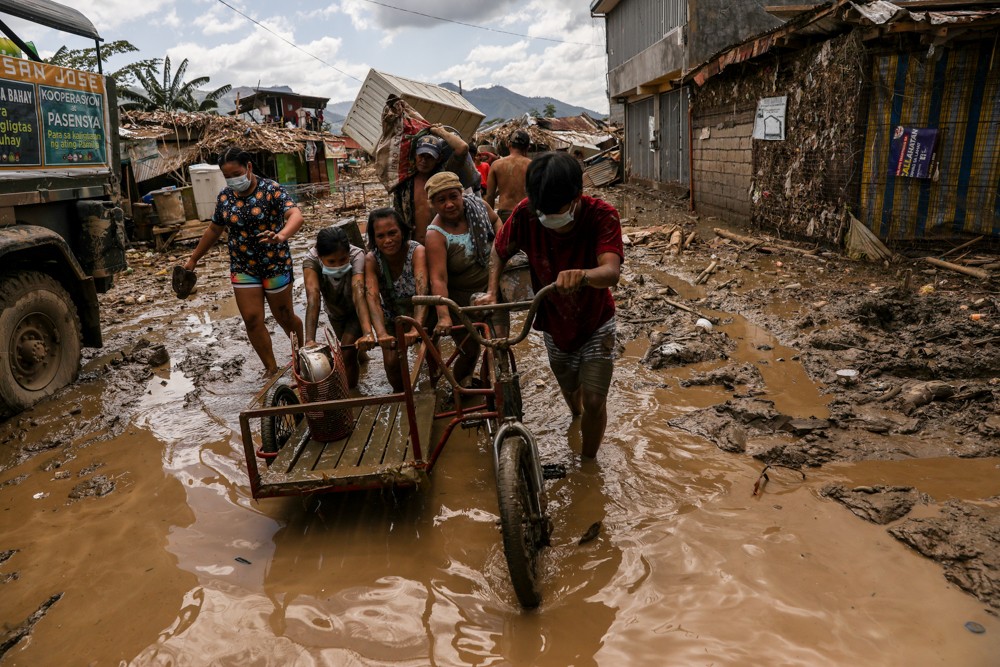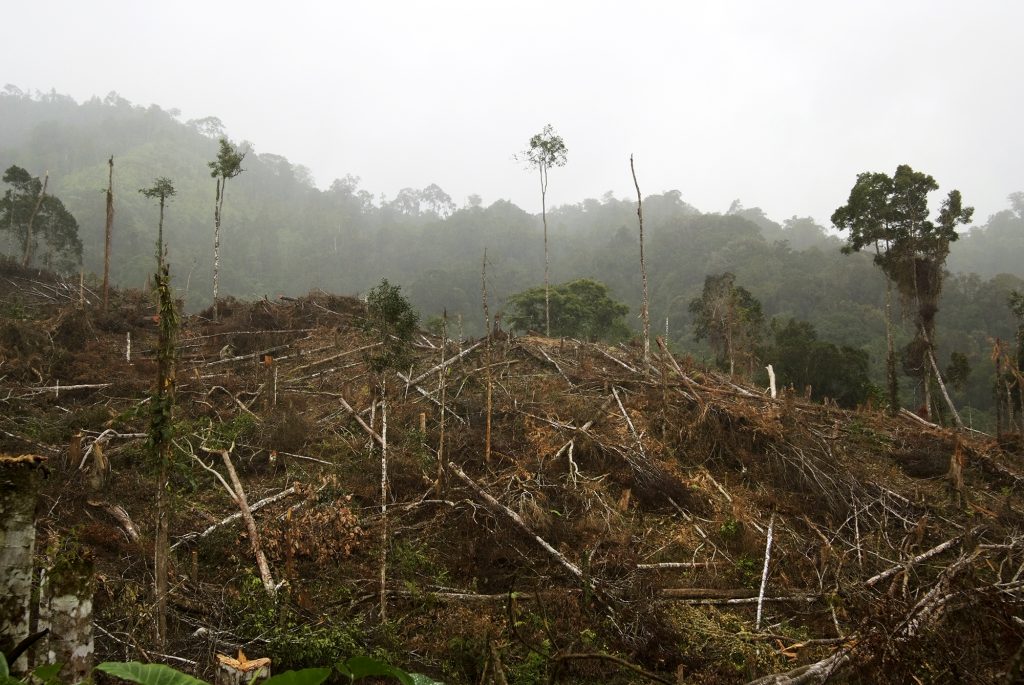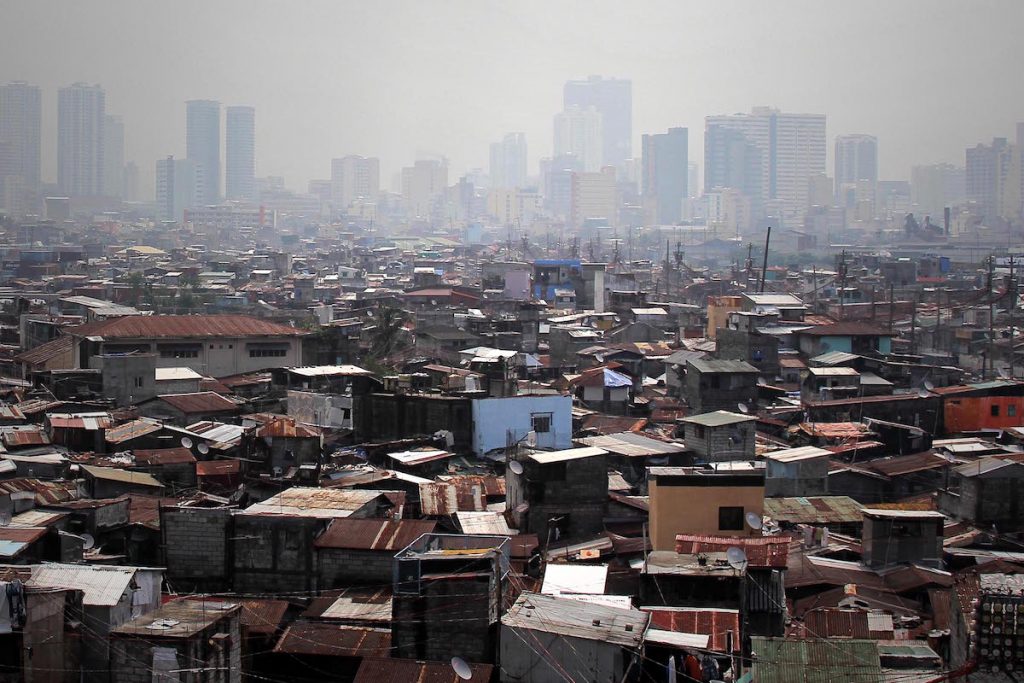
First of Two Parts
The world is suffering. Humanity and all creation are crying out. Despite the drive for growth and development, we continue to witness poverty and marginalization of the poor, escalating human rights violations, rising climate temperature, unabated destruction of the world’s biodiversity and ecosystems, and, most recently, the spread of zoonotic diseases like COVID-19.
As this is happening, humanity is stuck discussing and debating, and in quandary, as to how to address the crisis. Political leaders act like “business as usual,” looking into their self-interest, aiming for “economic growth.” Many technological fixes are being proposed to help avert the environmental destruction. Environmental and human rights movements offer simple to elaborate solutions for policy changes. Still, changes are slow, seemingly piece-meal, and sometimes clearly damaging.
We need to accept that there is an ecological crisis that is expanding at a phase that is irreversible if we do not act and change now. Scientists agreed in a recent study by the United Nation’s Inter-Governmental Panel for Climate Change that humanity is in the brink of self-annihilation if we do not change how we behave toward nature.
In 2015, Pope Francis issued the encyclical Laudato si’, outlining concerns for “our common home” and calls for conversion of all people of different faiths. It calls for eyes to see the current world problems with the lens of wholeness and integrality – that of integral ecology, to hear the cry of the poor and the cry of mother earth. The pope reminded everyone to recognize that the issue of justice is not only about humans but also about the whole of creation and, therefore, actions for our common home should be both for the well-being of humans and the environment.
We are at a crossroads. Whether we like it or not, aware, or unaware, wittingly, or unwittingly, we are part of the problem. We need to understand also that we can be part of the solution. We only need to decide fast how we want to participate in the ushering of a new world and in God’s creative work of art.
How did we reach this state?
The slow, careful evolution, adaptation and changes in the world induced by the natural dynamics of various life patterns, systems and process are inevitable and are being validated by science in quantum physics theories. That living beings and all elements in the world and in the cosmos are connected and intertwined in these patterns and processes of life, is a cosmology that early humans, and up to now embraced by indigenous peoples in Australia, Latin America, and South Africa.
As society progressed, the awareness that all species are part of this evolutionary patterns and processes, including human beings, seems to have been lost and forgotten.

Humanity’s evolution took a different direction away from its connectedness and inter-dependence with nature when it developed distinct faculties different from other sentient living beings. An improved faculty of seeing, of insight, and consequently language that spun unprecedented information and knowledge about itself and the world around him enabled humans to control and tame nature.
Science’s early theories of the dynamics of life — from Darwin’s theory of natural selection or survival of the fittest to Newton’s atomic theories highlighting primacy of the physicality of matter and bodies — have also contributed greatly to the disjuncture of human and nature. The survival of the fittest is translated to competition and the emphasis on matter supported a dualistic view of the world.
Philosophy and religion likewise took on the same path. With the enlightenment period emphasizing on what is rational, what can be verified and what is objective, marginalizing and dismissing the primal and ancient spirituality of reverence and awe of nature as superstitious, animistic, or even idolatrous from the perspective of the then dominant Western Christian religion that also assumed more dualistic, hierarchical perspective away from its unitive, trinitarian and communitarian nature.
With the blossoming of philosophy, science, and religion as engendered by human beings themselves, the dynamics of relationship of life in the world, shifted and was altered. Human being’s pre-occupation became the preservation of their species – to live in comforts, to earn, to have more, and to harness power toward weaker human beings and the natural world.
This perspective is now deeply embedded in the economic, political, and socio-cultural systems of this post-modern industrialized world. Countries unceasingly aim for higher economic growth, bigger production to earn more profits. Politics and governance are about controlling a system that props-up the gains and profits of economic growth.
A culture of materialism and consumption has been developed that patronizes and sustains the massive productions by the world economies, making small and poor countries dumping grounds for over-production, source of cheap labor and of raw materials from the environment.
This is the flawed system that is causing the destruction of our world, our common home.

Clearly, the human species led us to this current state of crisis. We have forgotten who we are and where we came from. We see everything outside us simply as a matter that can be used for our human survival. We have been intoxicated by the power of insight and the freedom to do what we want. We believe that we are self-sufficient and can solve every problem of the world through technological advancements. Our super egos, our self-centeredness, our anthropocentric tendencies are some of its names.
The pope calls it the “Technocratic Paradigm.” Laudato si’ recognizes the role of the human species in the making of the current situation.
“It would hardly be helpful to describe symptoms without acknowledging the human origins of the ecological crisis. A certain way of understanding human life and activity has gone awry, to the serious detriment of the world around us,” read the pope’s encyclical.
Yolanda R. Esguerra is currently the national coordinator of Partnership Mission for People’s Initiatives (PMPI) formerly Philippine Misereor Partnership. She is a youth activist during her student days and a staunch advocate for the protection of human rights and the campaign for the recognition of Rights of Nature in the Philippines. This article is part of a paper titled “At the Threshold of a World in Crisis and of Ushering in a New World: The Challenge of an Ecological Conversion”
Source: Licas Philippines
0 Comments